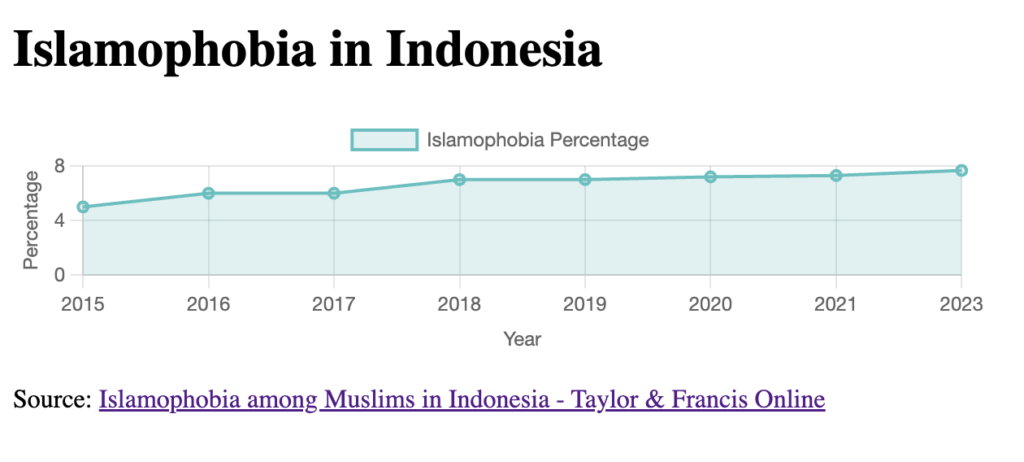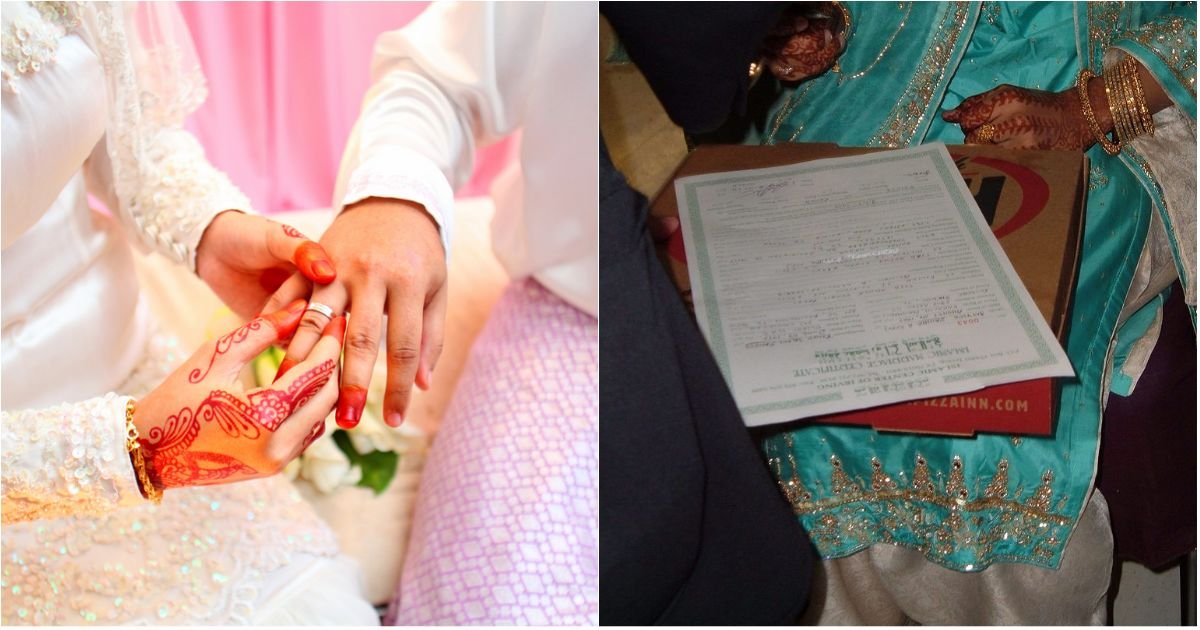Indonesia, renowned for its tolerant and pluralist form of Islam, is facing a growing worry with the rise of religious conservatism, leading to a notable increase in blasphemy cases.
Table of Contents
Originally designed to protect religious harmony, blasphemy laws are now being misused to target religious minorities and individuals daring to voice critical opinions about Islam.
This article explores the concerning trend of blasphemy cases in Indonesia, delving into its implications on religious freedom and the fabric of tolerance within the nation.
The Case of Panji Gumilang
One case that has recently come under the spotlight involves Panji Gumilang, a 77-year-old Muslim cleric and the head of Al-Zaytun boarding school in West Java. His choice to disregard conventional beliefs and enable women to speak and pray alongside men created disagreement among conservative religious organizations.

Because of what he did, he got arrested for saying bad things about religion and spreading hatred. This situation shows how religious practices are changing in Indonesia and the difficulties caused by the increasing power of religious conservatism.
The Impact on Religious Freedom
Blasphemy cases have caused alarm among human rights groups, who contend that the religious freedom and tolerance that once defined Indonesia are now under threat. These laws are increasingly weaponized against religious minorities and individuals advocating for gender equality within Islam.
A prime example is the case of Ahok, Jakarta’s first non-Muslim governor, whose blasphemy accusation led to severe consequences, undermining the principles of religious tolerance and the right to express one’s beliefs.
The Role of Blasphemy Laws
Initially intended to foster religious harmony, blasphemy laws have become a contentious issue, with critics arguing they are now exploited to suppress dissent and persecute religious minorities.
The ambiguous language and broad scope of these laws open doors to subjective interpretations, making them susceptible to manipulation for political or religious gains.
The Growing Toxicity
Experts point out that blasphemy cases have experienced a significant upsurge in recent times, creating a toxic atmosphere for those daring to challenge the established norms of Islam.

As Indonesia’s society becomes more influenced by religious conservatism, religious minorities, and progressive voices may face discrimination, persecution, or even imprisonment under the guise of these laws.
The Road to Religious Tolerance
In order to safeguard people’s freedom to practice their religion and uphold Indonesia’s long-standing tradition of respecting different belief systems, different ways how to apply and interpret laws against blasphemy should be considered.
Finding a good balance between keeping peace among different religions and protecting the right to speak freely is really important.
Moreover, one can inspire individuals of varying faiths to have conversations and gain knowledge from one another, which can promote the establishment of a more accepting society that embraces everyone.
The growing amount of blasphemy cases in Indonesia is causing concern among those who believe in religious freedom and are accepting of others’ beliefs. The country needs to find ways to handle the growing religious conservatism, and it is really important.
They must discover solutions to these problems while also safeguarding our democratic principles and human rights. It is crucial to use laws against blasphemy in a fair way and not to unfairly hurt people with them.
Subscribe to our channels on WhatsApp, Google News, Facebook and Instagram.Discover more from The Islamic Information
Subscribe to get the latest posts sent to your email.












